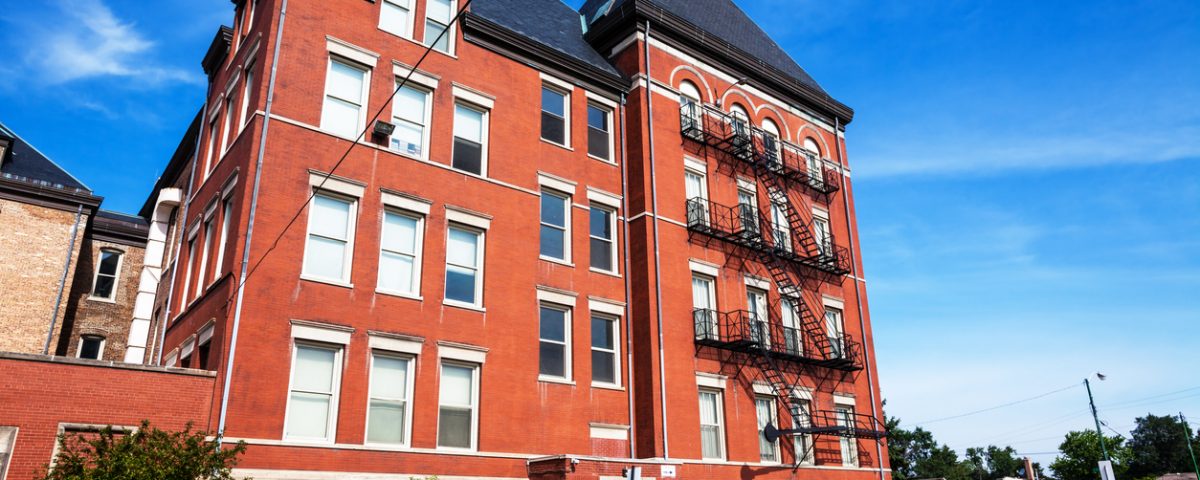5 Steps to Improve Charter Schools

What Does The Future Look Like For Police Officers?
May 9, 2022
How To Succeed as a Public Servant in 2022
May 23, 20225 Steps to Improve Charter Schools
Figuring out ways to improve charter schools is a priority as educators attempt to attract more students to their institutions. Charter schools are increasing in popularity in many areas of the country. These educational institutions can operate without the constraints of school district policies, freeing them to design unique programs focused on the needs of their students. It also provides an educational liability if their system does not work. Correspondingly, there are ways to improve charter schools.
Ways to Improve Charter Schools
That same freedom also creates disadvantages. Without the accountability and support from an established educational system, charter schools often flounder in their efforts. Thus, here are five ways to improve charter schools.
Focus on Student Needs
Charter schools have come under fire for “skimming” students. In many cases, they appear to focus their acceptance on high-achieving, wealthy, white students, creating segregation and inequity. Additionally, charter schools may be more effective by finding a niche based on the needs of students in the community. Moreover, is puts a “magnet” focus on arts, literacy, or math, or providing programs for disadvantaged students.
Increase Accountability
The lack of oversight for charter schools may provide freedom and create quality concerns. One way to improve this area is to create a governing board that includes educational leaders, community members, students, and parent representatives. Next, the committee will provide a level of accountability, connect the school to the community. It enable parents and students to provide feedback about areas of concern. Furthermore, it establishes a succinct line of communication between educators and attendees.
Set Standards
Charter schools that are part of a larger chain can use data from multiple schools to analyze and make instructional decisions. Likewise, standalone charter schools should consider becoming part of an association that can share student data and information about the effectiveness of educational programs.
Improve Quality of Instruction
As a general rule, teachers in charter schools lack the credentials and levels of experience of public school teachers. Thus, an investment in quality teachers is an essential step toward improving educational outcomes. By increasing teacher pay, charter schools should see a reduction in teacher turnover rates, which are currently double that of public schools. Also, charter schools that hire and retain experienced, highly qualified teachers with advanced degrees can advertise that fact. Then, it will attract more families that place a high value on education.
Develop a Plan for SEL
Studies show that students who transfer to charter schools have an academic decline during their first year. There is no concrete answer to this. However, it could amount to a lack of a welcoming community to help students adjust. A focus on the social-emotional learning aspects of the school will help to create an environment where students thrive and engage. Also, new student mentorship programs are helpful for the students, allowing them to mentor one another.
Charter schools are subject to failure, just like public schools. Uniquely, they operate within a separate system that allows them to take more liberties. The freedom that makes them successful can also lead to their downfall. Furthermore, charter school leaders must look for ways to provide accountability while increasing quality and meeting the needs of students to reach their potential.
About PGUI
Professional Governmental Underwriters, Inc., is a full-service risk management company
dedicated to assisting public, educational and non-profit entities in the management of their
professional liability exposures including educators liability insurance. We are dedicated to
providing state-of-the-art professional underwriting management and loss control advisory
services on behalf of our designated carriers. For more information, call us toll-free at (800)
586-6502.


